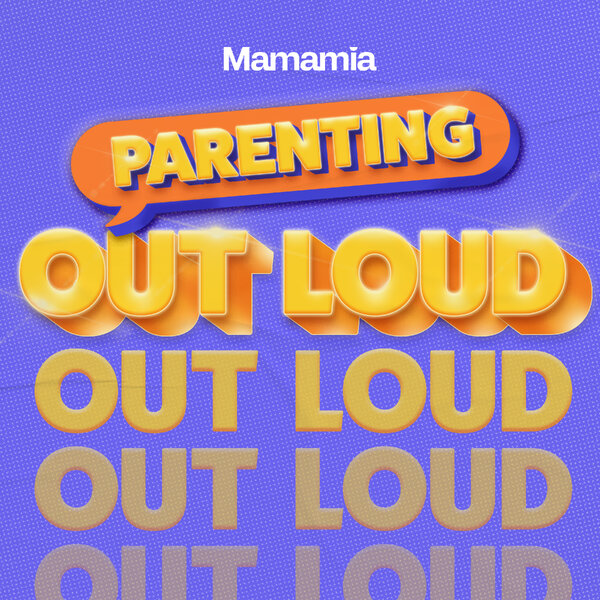Plenty of research has looked at adults’ emotional responses to music. But research with babies is more piecemeal and eclectic, perhaps reflecting the difficulty of asking them what they like. Researchers know that babies can hear and remember music even while they are still in the womb. And one curious study found that newborn babies prefer Bach to Aerosmith.
Most systematic work has found young babies have clear preferences for consonance over dissonance and can remember the tempo and timbre of music they’ve heard before. Babies prefer the female voice but like it even more when it takes on the qualities of “motherese” (the high-energy singsong tone we all naturally adopt when talking to babies). But their emotional responses to music is a bit more of a mystery. What kind of music makes them calm and content? And what makes them happy?
I am an expert on baby laughter and was intrigued when the C&G baby club approached me and music psychologist Lauren Stewart to create “a song scientifically proven to make babies happy” that they could give away to parents. We thought this was an interesting challenge. However, our first proviso was that they shouldn’t use the word “prove”. Our second was that they had let us do real science. They readily agreed.
The first step was to discover what was already known about the sounds and music that might make babies happy. We had some experience. My previous work on the Baby Laughter project had asked parents about the nursery rhymes and silly sounds that appealed to babies. Lauren’s previous research has looked at “earworms”, songs that get stuck in your head. But we discovered surprisingly little research on babies’ musical preferences. This was encouraging as it meant this was a worthwhile project from a scientific point of view.

